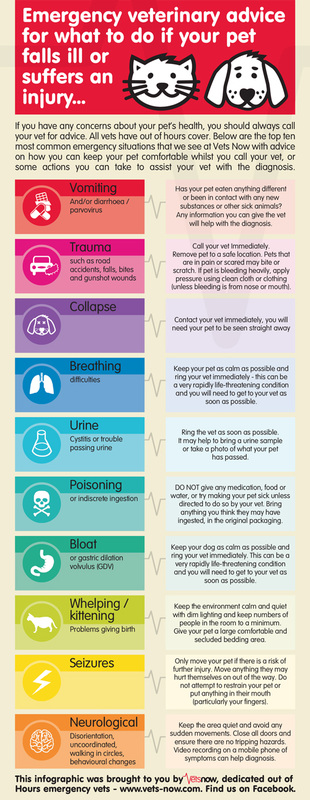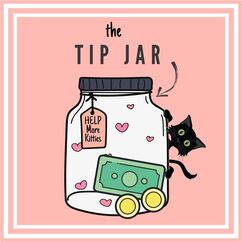Dr Jo Blogs
Expert Cat Care Advice
Not sure if it's an emergency?
Dr Jo Lewis MRCVS | 13 Sep 2021 | 5 min read
Share:
There are many conditions that may not appear to be an emergency to you, but that do in fact require URGENT veterinary attention. Many owners wrongly believe that unless their cat is collapsed, gasping or has obvious trauma like a broken leg or blood loss then they do not need urgent attention. The truth is that many of today's emergencies are last week's less urgent problems - either owners have neglected to notice their cat is unwell or they've simply been hoping it will sort itself out - even the most minor conditions can become an emergency if left for long enough!
Tell tale signs of an emergency
|
If you are not sure whether it is a true emergency, find out if the symptoms your cat is showing warrant further emergency advice with the interactive online symptom checker.
Read my post about common emergencies for more information about whether you need to contact an emergency vet. Always remember, if in doubt, contact your nearest vet/emergency centre directly and someone will be able to triage your concerns based on the specific circumstances. Visit the online
|
Download a PDF version of this here
|
Always make contact with your local veterinary practice if your cat has had a noticeable reduction in appetite for longer than 24 hours! This can be life-threatening in itself.
A commonly overlooked potential emergency is a reduction in appetite. Many people with cats don't understand how life threatening this could be. In many instances a reduction in appetite can often be the only warning sign that your cat is sick/injured and should never be overlooked.
If cats do not eat regularly they can develop a severe illness called hepatic lipidosis often within just a couple of days and actually overweight cats actually suffer more severely with this condition. If all your efforts to get your cat to eat are not working within 24 hours, then it is vital that you see a vet to prevent this potentially fatal condition.
One of the most frustrating things as a vet is being presented with a very sad, completely inappetent, dehydrated and very ill cat and then finding out their owner has been watching the cat's appetite steadily deteriorate over the course of a week or more because they seemed ok in themselves. Hopefully you wouldn't ignore inappetence in other members of your family or your children so please do not wait until your cat is eating nothing at all before seeking help! Early intervention is key - starvation on top of the underlying reason your cat is off its food is a recipe for disaster and it causes unnecessary suffering and will inevitably be more expensive to treat.
Without adequate nutrition you cat will be lacking the energy and vitamins/minerals its body needs to get better. In particular blood levels of a salt called potassium can become depleted and lead to a marked weakness and heart problems. Syringing/force feeding your cat should never be attempted as an alternative to veterinary care. This will never meet your cat's nutritional needs on its own and is unpleasant and stressful for your cat. Without knowing why your cat is off its food you will simply be prolonging the time before they get the veterinary help they need.
If cats do not eat regularly they can develop a severe illness called hepatic lipidosis often within just a couple of days and actually overweight cats actually suffer more severely with this condition. If all your efforts to get your cat to eat are not working within 24 hours, then it is vital that you see a vet to prevent this potentially fatal condition.
One of the most frustrating things as a vet is being presented with a very sad, completely inappetent, dehydrated and very ill cat and then finding out their owner has been watching the cat's appetite steadily deteriorate over the course of a week or more because they seemed ok in themselves. Hopefully you wouldn't ignore inappetence in other members of your family or your children so please do not wait until your cat is eating nothing at all before seeking help! Early intervention is key - starvation on top of the underlying reason your cat is off its food is a recipe for disaster and it causes unnecessary suffering and will inevitably be more expensive to treat.
Without adequate nutrition you cat will be lacking the energy and vitamins/minerals its body needs to get better. In particular blood levels of a salt called potassium can become depleted and lead to a marked weakness and heart problems. Syringing/force feeding your cat should never be attempted as an alternative to veterinary care. This will never meet your cat's nutritional needs on its own and is unpleasant and stressful for your cat. Without knowing why your cat is off its food you will simply be prolonging the time before they get the veterinary help they need.






